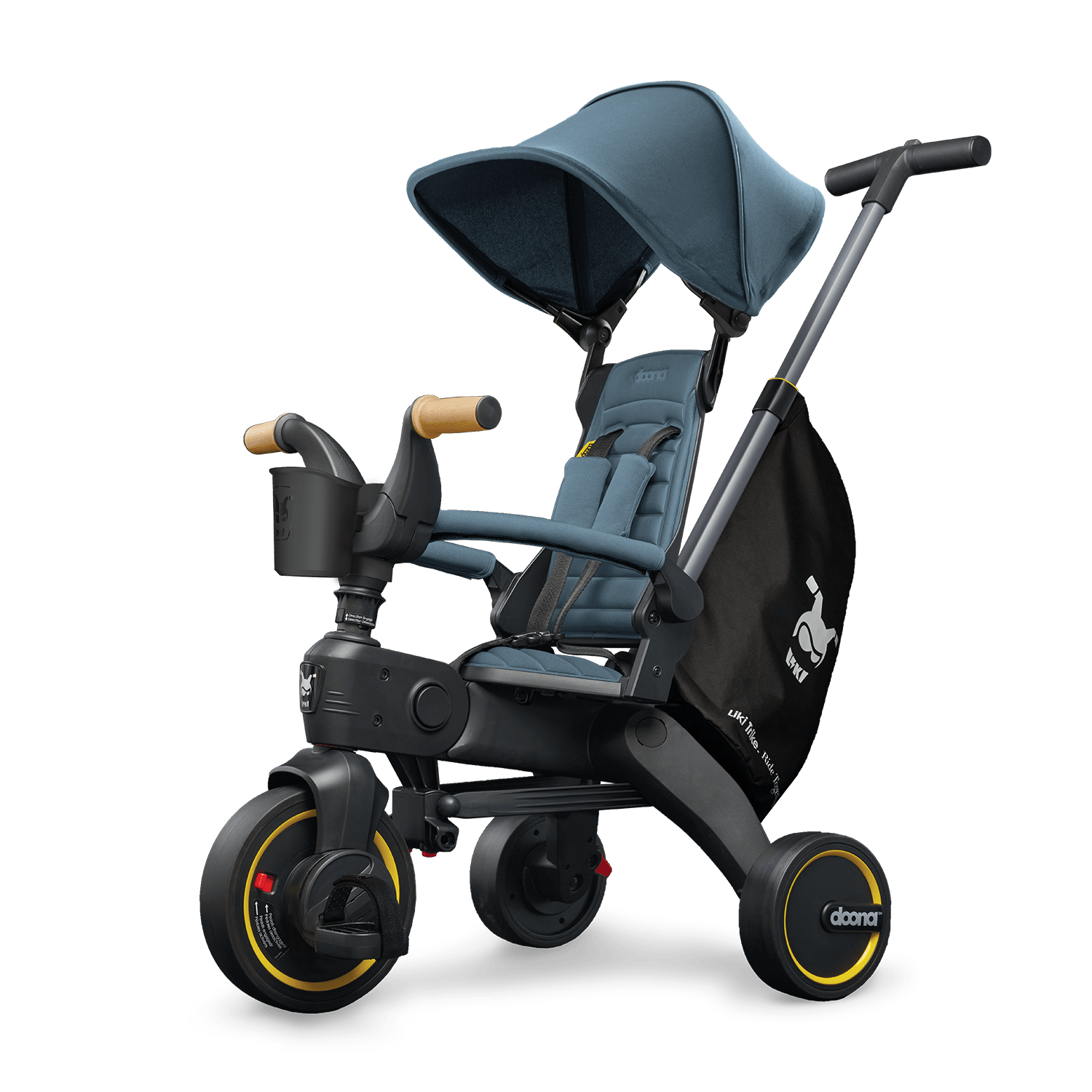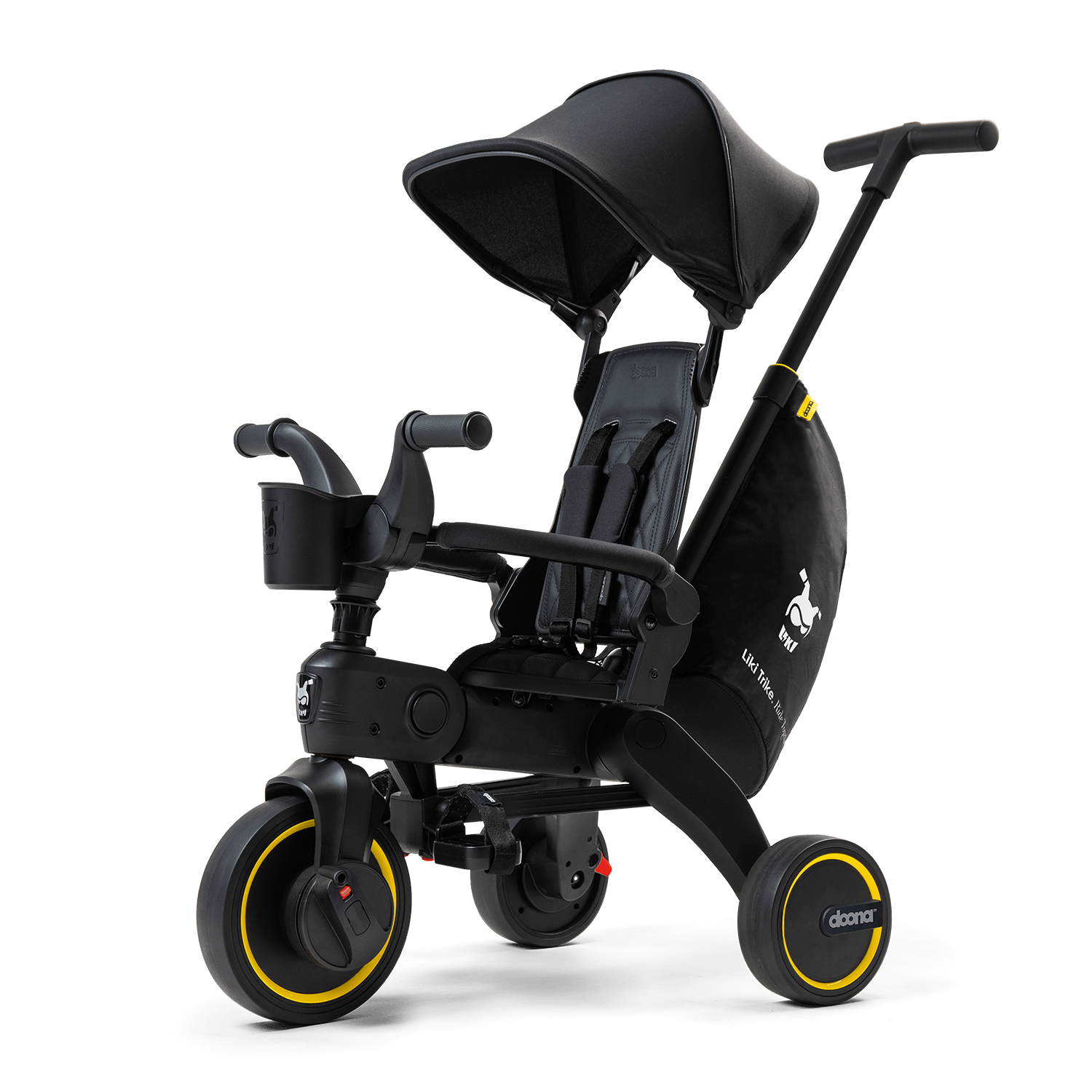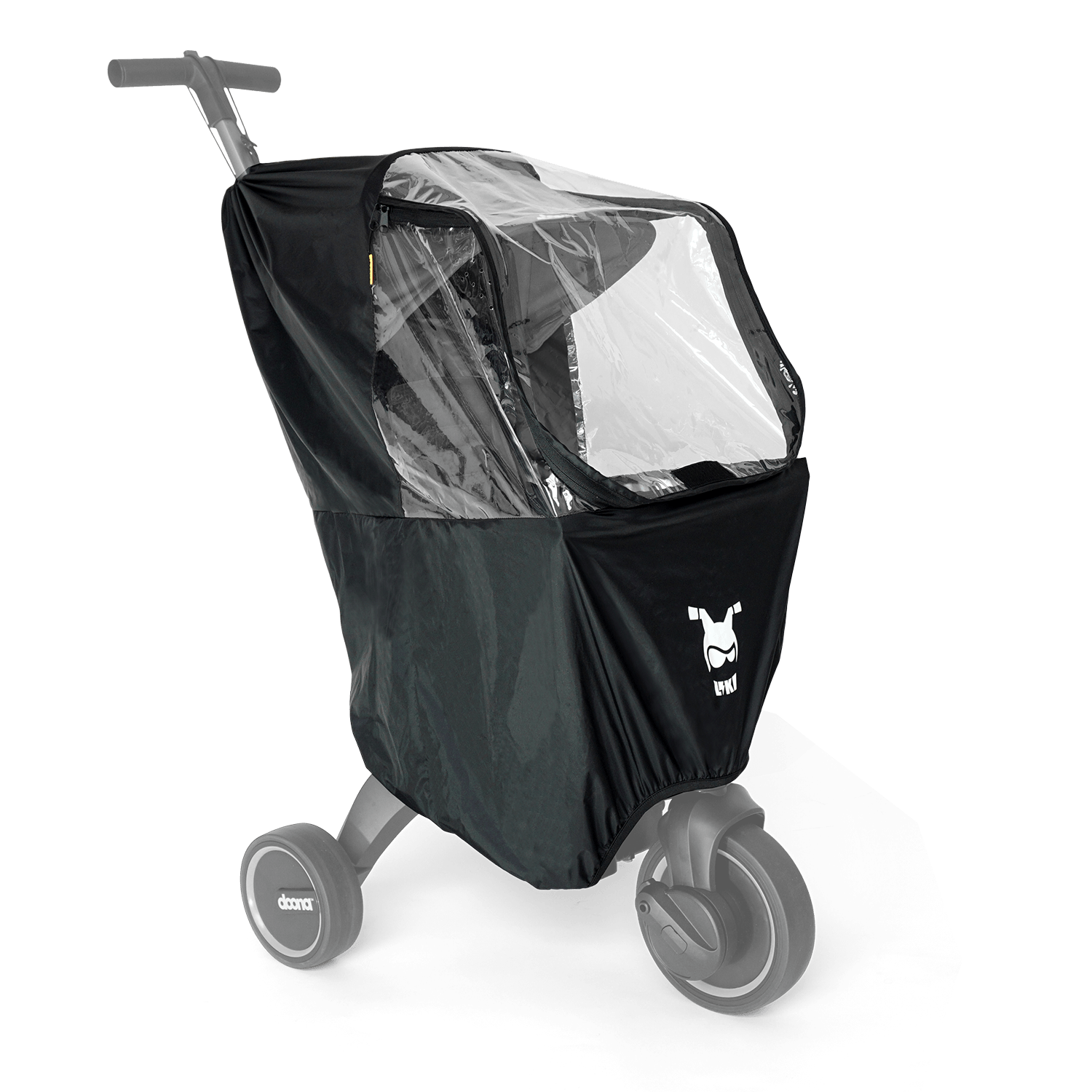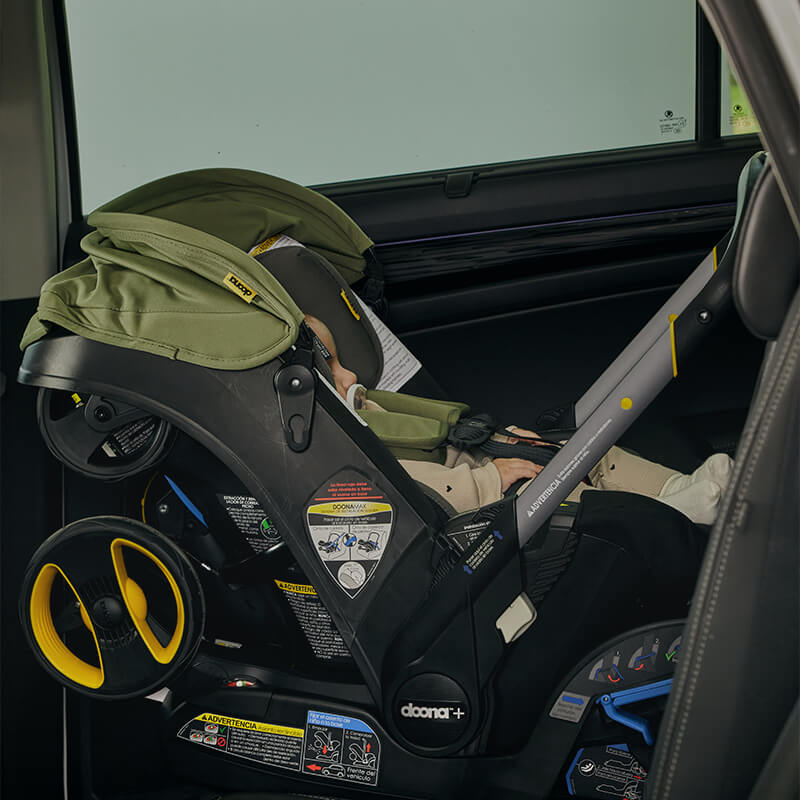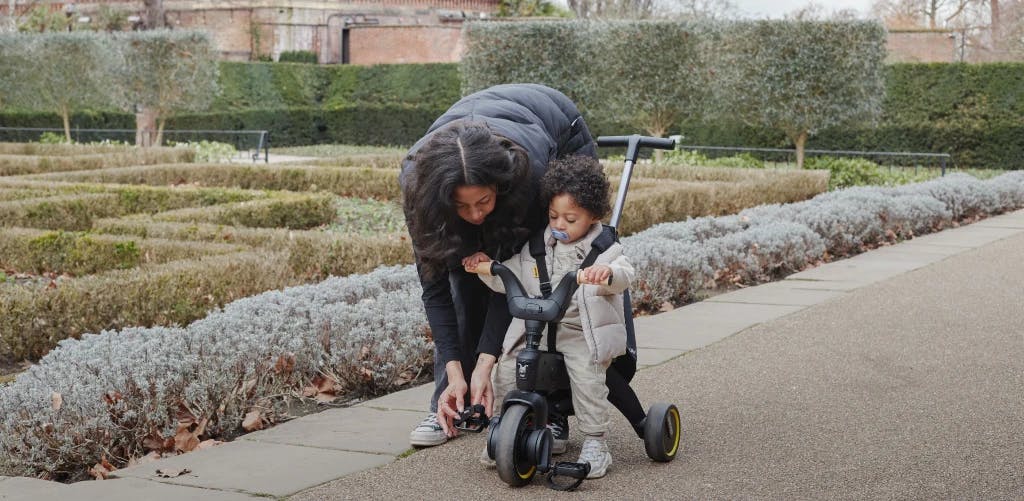How to encourage independent play in toddlers
As parents, we understand the challenges of balancing our time between playing with our children and our other responsibilities. However, it's essential to teach toddlers how to play independently as it's crucial for their child development. Not only can it be exhausting for parents when their child can't play on their own, but it can also hinder the child's personality development. Learning how to play independently is one of the most important skills a toddler can gain, as it provides long-term benefits throughout their life.
The benefits of independent play in toddlers:
A stronger imagination
When children play by themselves, they create slightly wild and beautiful scenarios in their minds, leading to exercising their imaginations, which builds creative thinking skills.
Building persistence
Independent play allows children to take charge of their own playtime and make decisions. By engaging in independent play, children learn to be self-sufficient and develop a sense of self-assurance, which can help build persistence over time and help them achieve their goals in the future.
Problem-Solving skills
When children engage in solitary play, their minds become highly active, and they develop a natural inclination toward creating and resolving problems. Engaging in independent play can have a lasting impact on the development of children's personalities.
Lessening dependence on parents
Kids love being dependent on their mothers and fathers, and to an extent, it is healthy. But in the future, the child will have to learn how to be and exist by themselves, and that’s where independent play comes in.
Here are some of our tried-and-tested strategies for building independent kids:
Give them space
You may feel the need to hand them hard-to-reach toys or help them open up their toy chests — but don’t. Helping them in these tiny ways leads them to be dependent on you. So when they’re playing, try taking a few steps back and observe them. They might reach out for your attention, but if you ease up on the reaction, they might try and figure it out by themselves.
Purchase passive toys
Toy manufacturers tend to create big, flashy, and attention-grabbing toys with flashing lights, ringing bells, and other features. However, toys that are simpler in design, such as those found in the Montessori or Amish schools of thought, can promote independent thinking in children. When selecting toys for your child, consider choosing something less complicated, simple and offers less immediate gratification. Check out our favorites, including Stacking Cups or this cute Pasta Set.
Better yet, stop purchasing toys!
You know when you order some expensive toy for your child, and they end up playing with the box it came in? This old parenting joke can be put to good use when encouraging independent play in your toddler! Instead of buying more toys, parents can offer everyday items like a paper towel roll, cardboard box, wrapping paper, or pillowcase to their children to stimulate their imagination and help them learn to have their own fun. This approach can encourage creativity and problem-solving skills as children discover to play with almost anything.
Let them get bored
If your toddler gets bored, your instinct might be to provide them with instant entertainment. However, it might be more beneficial to simply let them be bored. Allowing your child to experience boredom for a few minutes can encourage their creativity and imagination. Although it may feel uncomfortable initially, it's worth seeing how your child can surprise you with their ability to find entertainment and joy on their own.
Cut screen time down
Screens, including TV shows, animated movies, and tablet games, pose a problem as they hinder children's creative thinking by bombarding them with quick cuts, loud noises, and flashy images. Rather than promoting independent play, screens can overwhelm children and leave them in a daze. To encourage your children's creativity and independent play, limit their screen time as much as possible, only using it in situations such as calming them down during a flight or when you have an important Zoom meeting while they are at home with you.
At Doona, we’re committed to simplifying parenting for families, which is why we created Liki Trike — the most compact folding toddler trike on the market that was designed to encourage independence in toddlers! With five modes of use, Liki Trike transforms to suit their growing bodies, gradually letting children take the reins and steer themselves. Kids will be riding on their own in no time, and feeling a sense of pride, empowerment and independence! We hope our guide to fostering toddler independence was helpful. Have fun, and get (them) playing!



